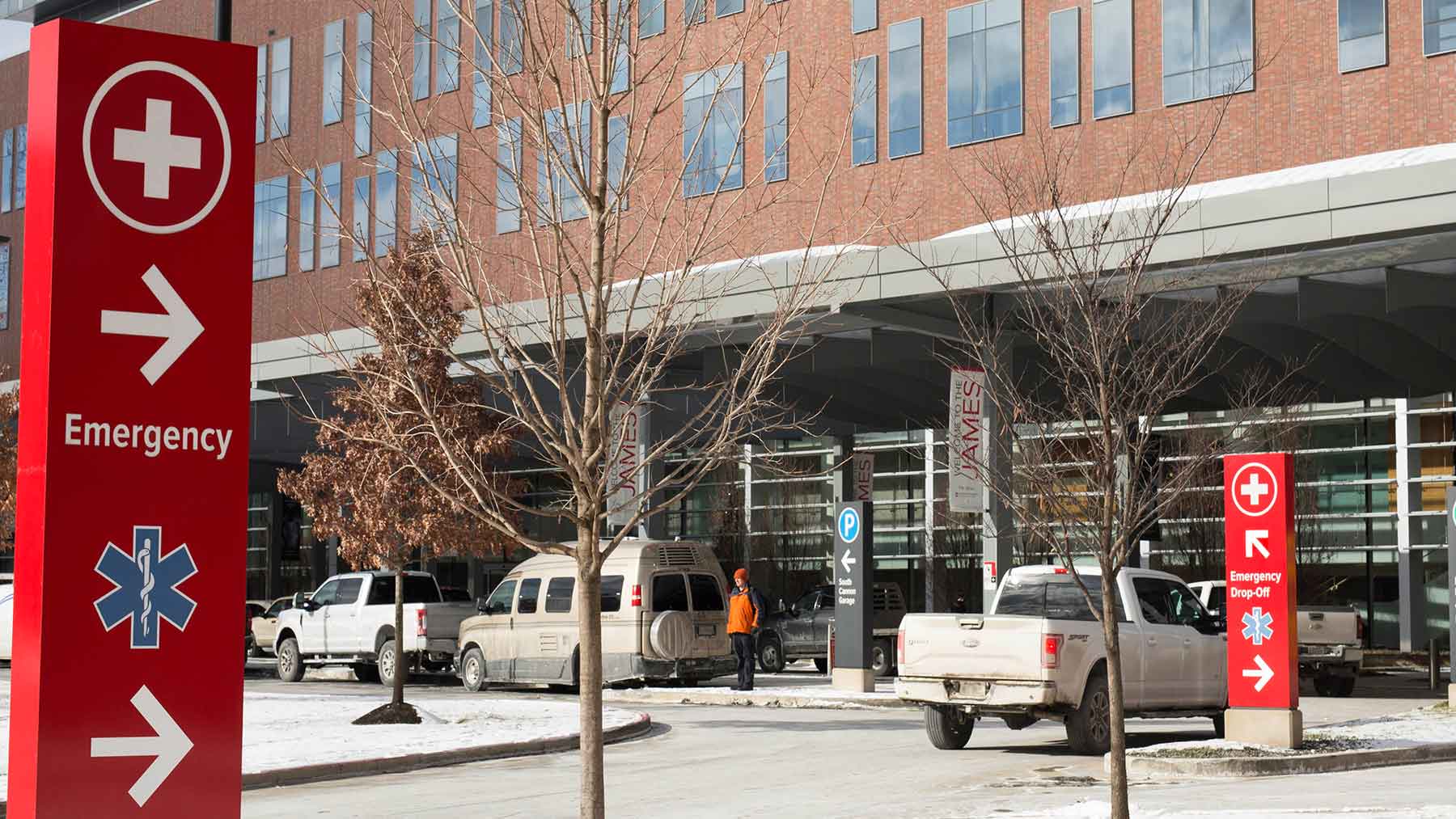Emergency department or urgent care? How to decide

Illness and injury often happen when it’s least convenient and your regular doctor isn’t available to provide urgent care. Now you face an important decision: should you go to an urgent care facility or an emergency department?
It’s not always an easy answer, especially when more health insurance plans are refusing to pay for some non-emergent visits to an emergency department or require health plan members to pay higher out-of-pocket fees for emergency care. As a physician who has spent decades treating patients in both emergency and urgent care settings, I can offer some tips to help you make an informed decision.
First and most importantly, if you believe you’re experiencing an emergency, call 911. Paramedics can take you to the emergency department more quickly and safely than driving yourself or having a friend or family member do it.
Emergency Department Care
Overall, Emergency Department care is 24/7 and is best for trauma and life-threatening injuries, illnesses or symptoms. This includes:
- Trouble breathing or shortness of breath
- Chest or upper abdominal pain or pressure
- Fainting, sudden dizziness, weakness
- Sudden change in ability to move or talk
- Sudden change or loss of vision
- Confusion or change in mental status
- Any sudden or severe pain
- Uncontrolled bleeding
- Severe or persistent vomiting or diarrhea
- Vomiting blood or passing blood in urine or stool
- Head injury resulting in loss of consciousness, vomiting, confusion; or head injury in older patients or those on blood thinners in which brain bleeding is more common
- Burns with blistering or loss of sensation to a large area, hands, feet or genitals
- Pregnancy concerns such as vaginal bleeding or abdominal pain
- Patients who are immunosuppressed (cancer, transplant, auto-immune disorders, etc.) who often have complicating circumstances that most urgent cares are not equipped to handle
- Most psychiatric issues
Many of these concerns can be symptoms of time-sensitive ailments such as a heart attack, stroke or blood clot. An urgent care facility won’t have the proper medical supplies, tests and equipment to handle life-threatening problems, and valuable time would be wasted getting to the right place.
If you think you have a real emergency, don’t go to an urgent care hoping they’ll tell you it isn’t an emergency. Get treated as soon as possible in the appropriate setting.
Urgent Care
This type of care is best for non-life threatening injuries, illnesses or symptoms, and other health care needs when a patient’s regular physician isn’t available, such as evenings and weekends. More health systems are diversifying options for same-day and walk-in medical treatment, which can help make urgent treatment more affordable for you by avoiding emergency department costs.
The Ohio State University Wexner Medical Center has a number of urgent care facilities as well as telehealth offerings where we treat a wide range of health concerns that don’t require hospitalization or extensive testing. Urgent Care centers are staffed by emergency physicians, primary care physicians and advanced practice providers. The care team can treat the following areas:
- Respiratory illness (flu, colds, bronchitis, mild asthma flares)
- Seasonal allergies
- Minor cuts, stitches
- Minor rashes, hives, shingles
- Minor burns (red or small blisters)
- Infections, including urinary tract, bladder, kidney, sinus, strep throat, skin abscesses, etc.
- Sports injuries such as sprains, minor bone fractures and dislocations
- Evaluation after traffic accident (refused paramedics but you later develop pain or want checked)
- Animal and insect bites
- Minor eye injuries not resulting in loss of vision (pink eye, scratch, foreign body)
- Minor ear concerns (pain, infection, foreign body, sudden decreased hearing, wax buildup)
- Back pain, sciatica
- Flares of a chronic condition: you’re familiar with what is going on, you just need a doctor to examine you and prescribe medication
- Sexually-transmitted infections
- Minor nosebleed not on blood thinners
- COVID-19 vaccination and testing
Many, but not all, urgent care facilities can do X-rays and perform some blood and urine testing. CT scans may be available. In short, if it’s fairly straight forward and could be done at your primary care doctor’s office if they were able to see you, then urgent care is best.
If the symptoms are alarming or affect breathing, thinking or the chest, go to the emergency department. Using the appropriate health care facility for your symptoms can save your life.
Richard Nelson is an emergency medicine physician at The Ohio State University Wexner Medical Center and professor emeritus of emergency medicine at The Ohio State University College of Medicine.




